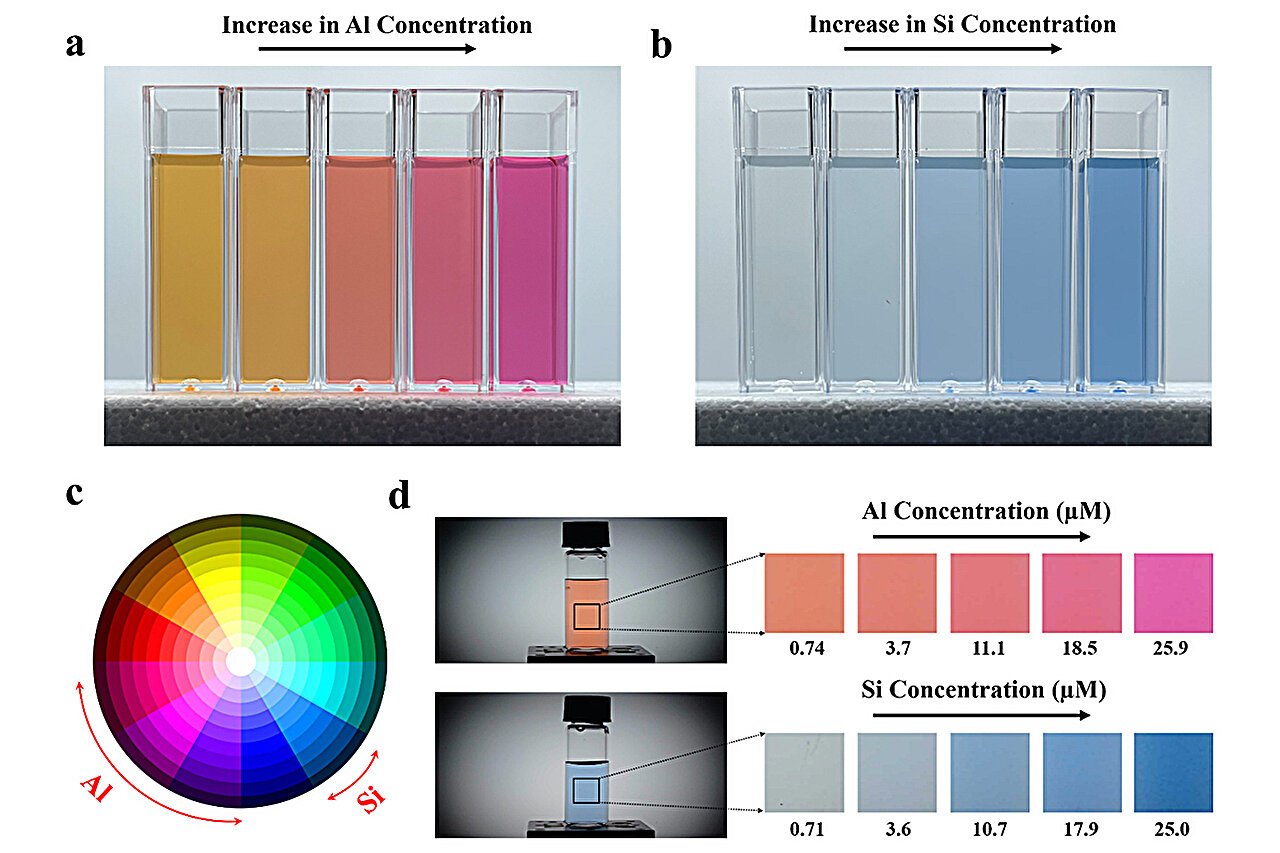A new test developed at the University of Illinois Urbana-Champaign can predict the performance of a new type of cementitious construction material in five minutes—a significant improvement over the current industry standard method, which takes seven or more days to complete. This development is poised to advance the use of next-generation resources called supplementary cementitious materials—or SCMs—by speeding up the quality-check process before leaving the production floor.
Due to declining coal production, traditional SCMs like coal-based fly ashes are in short supply. One promising alternative is newer SCMs like calcined clays, which can partially replace ordinary Portland cement and result in durable, low-cost concrete that produces less carbon dioxide during production.


